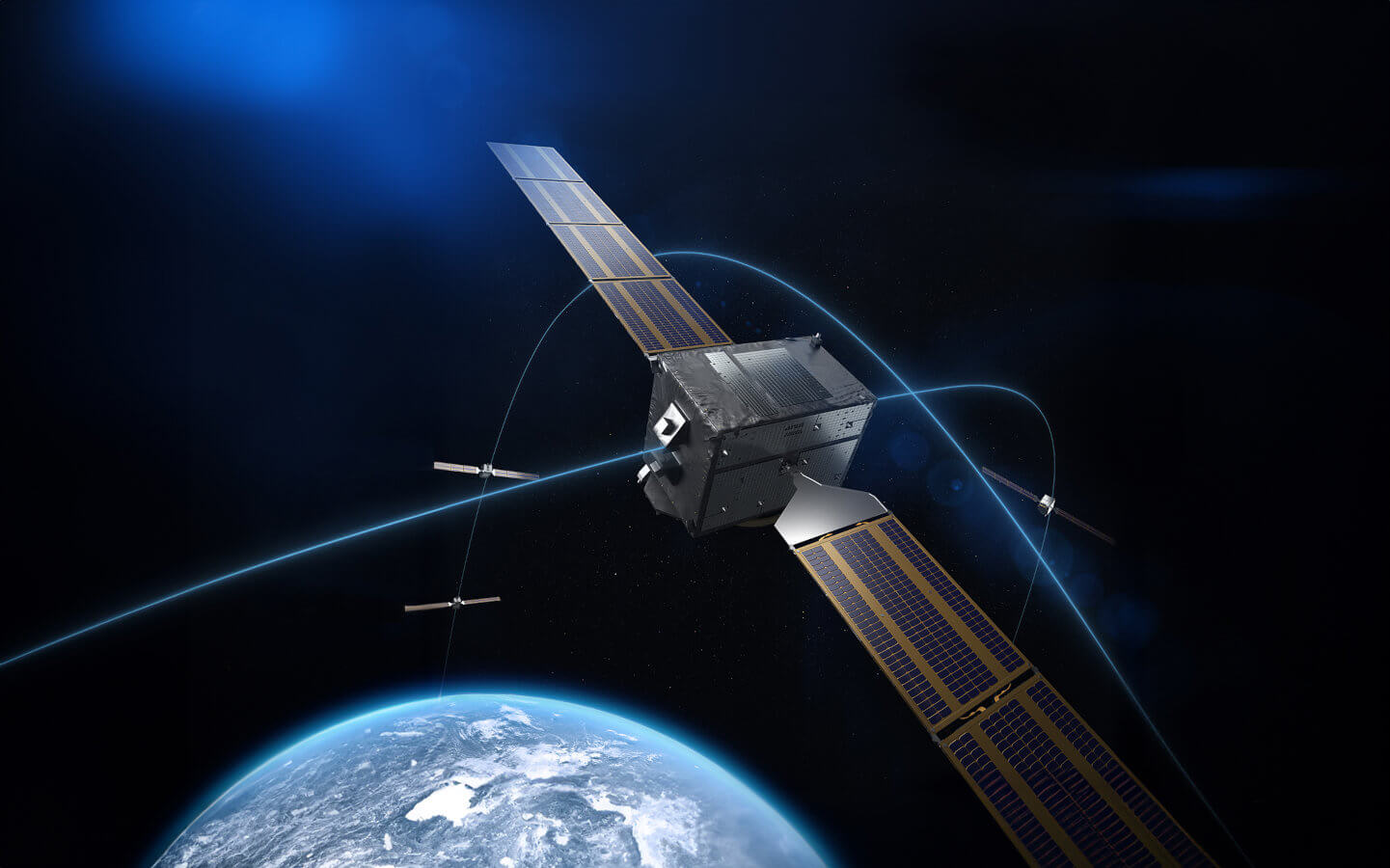The contract, signed with the European Space Agency, was announced on July 20. It is worth €300 million.
Precise and inescapable
Officially decided twenty years ago, the Galileo constellation of the European Union now appears to be the world's most accurate satellite positioning system, ahead of its competitors in the USA (GPS), China (Beidou) or Russia (Glonass).
Bearing in mind that all smartphones sold on the European market are now compatible with Galileo, the estimated number of people who can connect to it exceeds 4.4 billion.
In addition to its many civilian and military applications (assistance with train driving, vehicle and missile guidance, aircraft landing, troop positioning...), the European constellation contributes notably to saving thousands of lives, forming the centerpiece of Europe's automatic emergency eCall system.
Also, Galileo remains the world's only GNSS system under civilian control.
26 satellites in service
The first launches of Galileo's first generation took place in October 2011 from the Guyana Space Center, the first tests were successfully carried out in March 2013, and the initial Galileo services had started in December 2016.
Since the first half of 2019, the constellation has been declared operational.
The scheme was completed in December 2021 with the dispatch of two further FOC satellites.
Of the 26 satellites currently in service, 14 have been launched on Soyuz and 12 on Ariane 5.
From one generation to the next
In January 2021, the European Commission had placed orders for two times six second-generation satellites (G2G) with Airbus Defense and Space in Germany and Thales Alenia Space in Italy.
Deployment of these satellites was then scheduled to start in 2024, and Arianespace was awarded contracts to launch the first twelve on Ariane 62 (version equipped with two booster thrusters), contracts formalized in September 2017 (four satellites in two missions) and March 2020 (eight satellites in four missions).
A contract for the ground segment
For the ground segment of the second-generation constellation, the ESA, acting on behalf of the European Union Space Programme Agency (Euspa) and the European Union (represented by the European Commission), has selected Thales Alenia Space and its European partners.
The contract calls for the design and production of the satellite mission ground segment, as well as technical support for system engineering.
In addition, Thales has been awarded two contracts by ESA for cybersecurity for the G2G program.
Découvrez cet article sur Air&Cosmos

